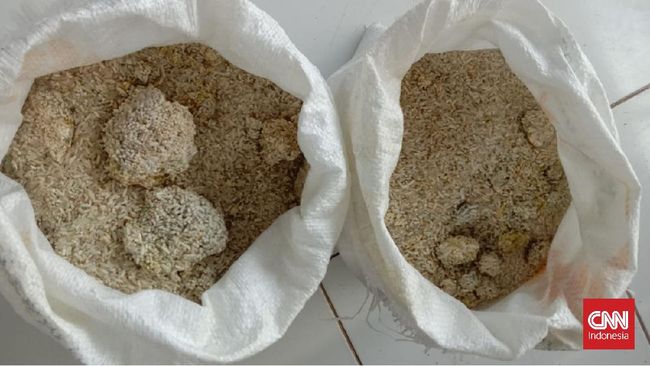- The German Bishops’ Conference updated its Mass Wine Ordinance in 2014.
- This means that special approval from suppliers of bulk wine is no longer necessary.
- There is no corresponding regulation in Switzerland. But now “oeku Church for the Environment” and the Liturgical Institute are pleading for locally produced mass wines.
Regarding the use of wine for the celebration of the Eucharist, church law says: “The wine must be obtained naturally from grapes and must not be spoiled.” (Can. 924§3). The “General Introduction to the Roman Missal” states under paragraph 284: “The wine for the Eucharistic celebration must come from” the plant of the vine “(cf. Lk 22:18) and be natural, that is, without the addition of foreign substances.”
Article with an echo
In autumn 2017, Horizonte published an article on the subject of altar wine. The fact mentioned therein that there are only three producers of mass wine recognized by the bishop called the Aargau wine producers on the scene. The Aargauer Wein trade association expressed its intention to certify a wine from Aargau production as an altar wine. Josef Stübi, canon and pastor of Baden, showed understanding for the concerns of the Aargauer winemakers and told the Aargauer Zeitung: “I support this concern and will soon bring it up in the diocese.” To date, the topic has not been pursued for various reasons, says Roland Michel, President of the Aargau Wine Industry Association, on request. But in the course of this year they want to take a step further in the matter of Aargau mass wine. But now this step could become obsolete. If the update is carried out in Switzerland that was carried out in Germany in 2014.
New regulation in Germany
The German Bishops’ Conference updated its Mass Wine Ordinance in 2014. Because secular law now ensures good quality of wine and largely forbids the addition of foreign substances, special approval of special sacrificial wine suppliers is no longer necessary. Josef-Anton Willa writes the same thing on the website of the Liturgical Institute of German-speaking Switzerland: “Since the quality requirements for wines are high today, every quality wine should probably meet the measurement wine criteria.” Aargau quality wines also meet these criteria.
Rethinking in Switzerland
In Switzerland there is no regulation like in Germany. That is why what the Liturgical Institute writes on its website is still officially valid here: “The bishop is responsible for approving a wine as an altar wine.” That is why many parishes adhere to the outdated tradition of only using approved mass wines. But the increasing environmental awareness is apparently causing more and more parish officials to rethink.
Surrounded by vineyards
Four years ago, a non-representative but informative survey by Horizonte showed: Around half of the Aargau parishes asked use an officially approved mass wine, the other half said they use a white wine from local production. A community leader said on behalf of many others: “We know the regulation, but it would be nonsense to procure wine from abroad because we are surrounded by vineyards.” Switzerland should follow the German example, believes the “oekuKirchenfürdieUmwelt” association: “From an ecological point of view, it would make sense to rely on local or even organic wines.”
Short distances instead of imports
Markus Ries, Professor of Church History at the University of Lucerne, made a similar statement to Horizonte four years ago: “In the past, the regulation was used for quality assurance. Today it would be better to focus on the aspect of short distances. ” The request for a new regulation is also receiving support from the Liturgical Institute of German-speaking Switzerland. “A regulation similar to that in Germany would actually be the cleanest solution,” says Peter Spichtig. The theologian is secretary of the liturgy commission of the Swiss Bishops’ Conference SBK. In the past few years the subject of mass wine had not been discussed in the SBK, Spichtig continued, but he could well imagine bringing the subject to the bishops’ conference. In this way, following the German example, the Swiss bishops could explicitly allow the use of all quality wines from the region for the Eucharist.
Another article on the topic:
Did you like this article? Subscribe to our newsletter. It appears alternately to the print edition every two weeks – always with the latest Horizonte stories and often exciting raffles.
–
–


